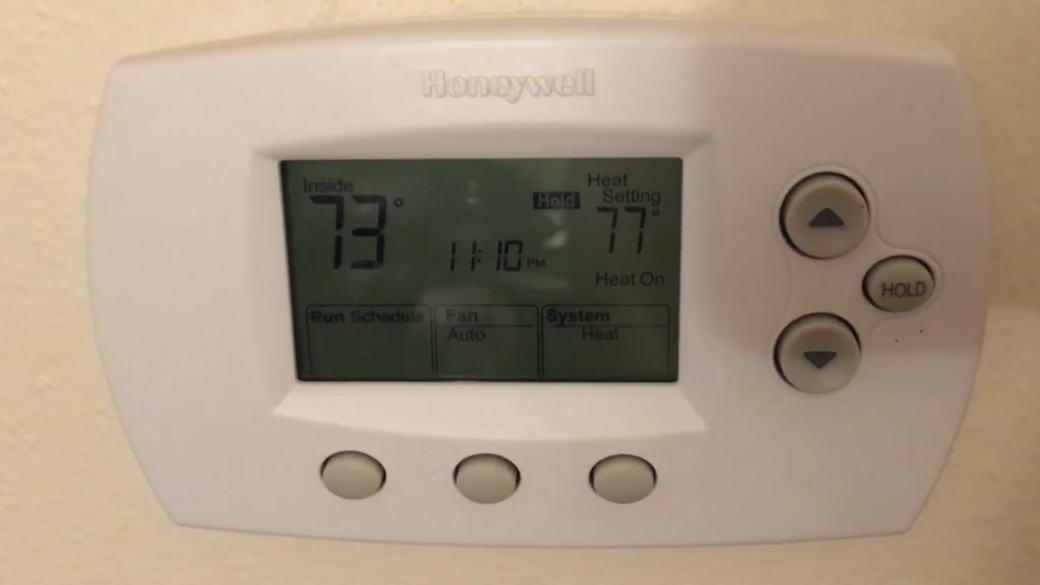How Long Can a Landlord Leave You Without Heat
A working heating system is not simply a comfort during the winter; it is also a requirement. It is a critical component that guarantees a rental unit’s suitability for occupancy. But what occurs if the heating system malfunctions? How long can a landlord leave you without heat?
In-depth discussion of the complexities surrounding this urgent issue is provided in this article, along with advice on the applicable legal frameworks, tenant rights and obligations, and strategies for resolving such issues.
So How Long Can a Landlord Leave You Without Heat?
The majority of American states and jurisdictions have laws requiring landlords to provide heat. Although there are certain restrictions on how long a landlord may leave a tenant without heat, in general, the issue should be resolved as quickly as possible, usually within 24 to 48 hours.
This period of time is not only a generalization; it is based on the legal principles that control landlord-tenant interactions. It is based on the pressing nature of the emergency and the probable health concerns associated with protracted exposure to low temperatures.
For example, during the “Heat Season,” which runs from October 1 to May 31 in New York City, heat must be provided. The inside must be at least 68°F during this period if the outside temperature drops below 55°F between 6:00 AM and 10:00 PM. In order to avoid being left out in the cold for a lengthy amount of time, it is essential to understand the unique restrictions in your area, which you can do so here.
Legal Requirements for Landlords
According to a legal principle known as the “warranty of habitability,” landlords are required to keep rental properties habitable. This includes provide necessities like heating. If this is not followed, it will be considered a breach of contract, providing renters the right to pursue legal action against the landlord or withhold rent.
State laws and municipal housing legislation both provide the minimum requirements for rental units. For example, California law mandates that landlords must construct heating facilities that are compliant with relevant law at the time of installation and keep them in good operating condition. In order to properly defend their rights, renters must become aware with certain legal requirements.
Are There Exact Temperature Requirements for Rentals?
Yes, a lot of authorities have implemented strict temperature regulations to protect renters’ health and welfare. The minimum temperatures that must be maintained in rental units are specified by these laws. For example, in Chicago, the minimum temperature inside a rental unit from 8:30 AM to 10:30 PM should be 68°F (20°C), and from 10:30 PM to 8:30 AM it should be 66°F (19°C).
Renters must be aware of these particular rules because they might differ greatly between jurisdictions. Knowing this information may be a useful tool for ensuring that landlords follow the legally binding regulations and provide a comfortable and safe living environment.
What If the Landlord Refuses to Fix the Heat?
Tenants have a number of options if the landlord refuses to quickly fix the heating system. They can first report the problem to the neighborhood housing authority, who have the power to order the landlord to fix the heating system. Some renters may decide to use the “repair and deduct” tactic, in which they do the required repairs themselves and then deduct the related expenses from their rent.
In addition, tenants have the option of withholding payment of rent until the problem is rectified. Nevertheless, as it could result in legal issues, this strategy should be used with caution.
It is suggested that you speak with a legal professional before making this decision. In order to construct a solid case should the situation become more serious and need legal action, it is important to properly document the problem, including keeping records of all communications with the landlord.
Tenant Rights and Responsibilities
Renters have a right to a livable environment, which includes a heating system that is in good working order. Every time the heating system fails, they have a right to fast and sufficient repairs. However, tenants also have a duty to quickly alert the landlord of any such difficulties.
Tenants should make sure to take appropriate care of the property and report any issues with the heating system. They should also make sure to report any damages to the property. For instance, avoiding blocking heating vents and carrying out small repairs like routinely replacing the furnace filter may help to a great extent in reducing heating issues.
Tips for Dealing with Lack of Heat in an Apartment
Find strategies to stay warm while communicating with your landlord to find a solution. Here are a few suggestions:
- Insulation: To minimize heat loss, make sure that all windows and doors are securely sealed. Your windows can be insulated with plastic film or weatherstripping.
- Portable Heaters: If the problem continues, you could think about purchasing a portable heater to offer short-term comfort. To avoid fire threats, however, use caution.
- Warm Clothing: To keep your body warm, dress in multiple layers of warm clothing.
Keep in mind to put your safety first at all times. Consider finding another place to stay until the situation is rectified if the temperatures fall to risky lows.
FAQs
What can I do if my landlord refuses to fix the heating system?
There are a few choices available to you, including notifying the local housing authority, making the repairs yourself and subtracting the expenditure from your rent, or delaying payment of rent until the problem is fixed.
Are there legal provisions that stipulate the minimum temperature requirements in rental units?
Yes, several governments have established strict temperature guidelines to protect renters’ health and welfare. It is a good idea to become familiar with the laws in your area.
Conclusion
Making your way through a scenario when you are without heat might be quite difficult. But you might be better equipped to handle the situation if you are aware of the governing legal frameworks, your obligations and rights as a tenant, and your options for legal response.
Keep in mind to always be in touch with your landlord immediately, to keep a record of all your communications, and, if necessary, to seek legal advice. Know your rights, keep yourself warm, and remain safe.


